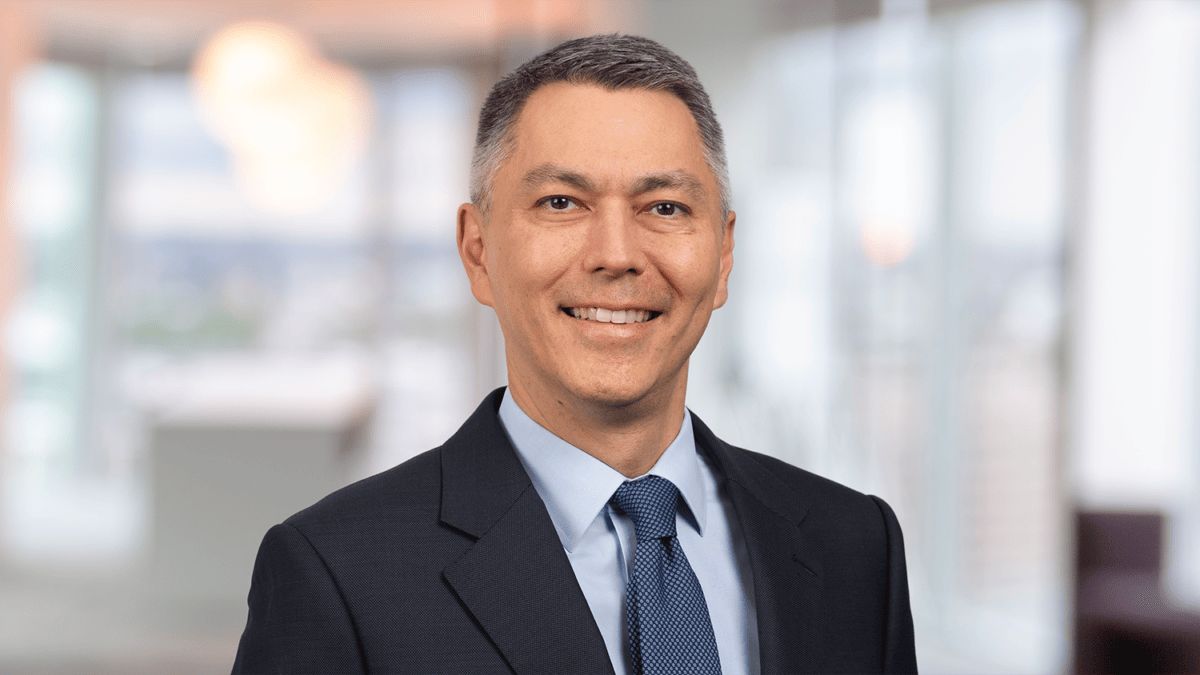BHP chief executive, Mike Henry, explores the growing role of mined commodities in the global energy transition. This fireside chat was hosted by Amanda White at the Australian Fiduciary Investors Symposium in June. Henry talks about the company’s progress and the challenges of Scope 3 emissions. Listen to the full interview here.
Demand for commodities is insatiable as emerging economies continue to develop and the challenge to ensure “the world’s need for metals and other resources is met in the most sustainable way possible,” says the boss of the world’s largest mining company.
Mike Henry, the chief executive of BHP, says the ambition to limit global warming to 1.5°C is a metals-intensive effort and increased supply will have to come from mines that are lower grade, smaller and in tougher jurisdictions.
“We’re at a point in time where industry, capital markets and other actors need to lock arms to figure out how we can go about accelerating the efforts to improve ESG standards and governance,” Henry said. “And in doing so ensure that the world’s need for resources is met in an efficient way, and a way that minimises the downside impacts.”
He was speaking during an interview with Amanda White at an event held by Top1000funds.com’s sister publication, Investment Magazine, where he said BHP had been making strides to lower its Scope 1 and 2 emissions. Scope 3, he admitted, had unique challenges.
Henry cited the example of BHP exiting coal-fired power generation for its copper production in Chile at a time where there was no external pressure to do so. The company initially used gas-fired power for its Chilean operations and is expected to rely fully on renewable energy in the next two years, a move that will reduce its overall Scope 1 and 2 emissions by around 15 per cent.
As one of the world’s largest dry bulk charterers, BHP is using its significant purchasing power to work with ship owners to develop LNG-powered bulk carriers, which emit about 30 per cent less greenhouse gas than existing bunker fuel.
However, Henry recognised the challenge in lowering Scope 3 emissions across its value chain as “we don’t have the ability to drive that investment decision.”
The lack of global standards on how to measure and report on Scope 3 emissions as well as the absence of technologies in certain supply chains to eliminate this category of emissions also add to the difficulty.
BHP is also collaborating with other firms to develop technologies to remove diesel from its operating sites such as using electrified overhead tram systems.



